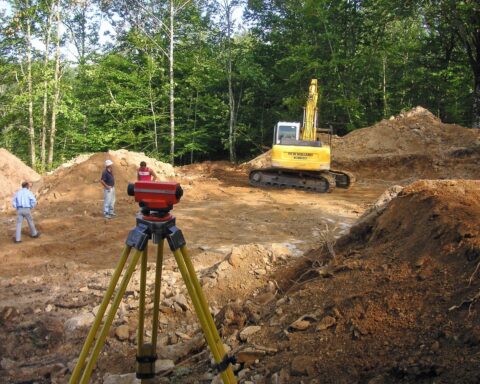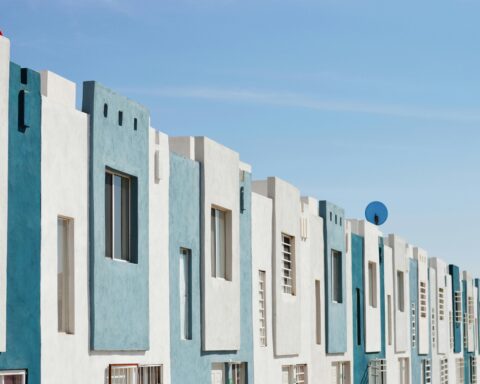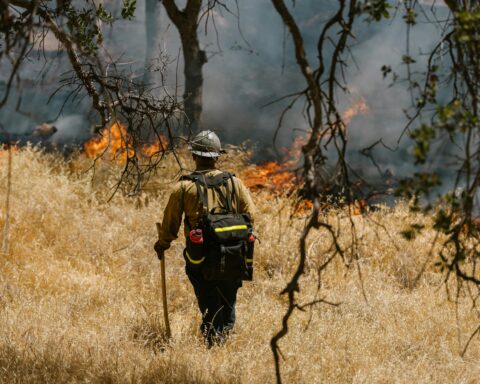The Environmental Protection Agency (EPA) has released $20 billion in grants that will support projects that reduce greenhouse gases and air pollution.
The grants went to eight nonprofits and coalitions, who will distribute the awards to tens of thousands of projects that focus on delivering clean energy and furthering environmental justice.
The grants come from two funds within the Greenhouse Gas Reduction Fund (GGRF) – the National Clean Investment Fund (NCIF) and Clean Communities Investment Accelerator (CCIA).
The GGRF was established with a $27 billion investment to combat climate change by sourcing funding and private investment for projects that reduce greenhouse gases and air pollution. It has three objectives: to minimize the effects of climate and air pollution; to advance community welfare, especially disadvantaged communities; and to engage private sector involvement.
The selected applicants will mobilize projects that strive to cut or prevent up to 40 million metric tons of CO2 equivalent emissions annually, collectively dedicate over $14 billion to underserved areas and secure $150 billion in public and private investment over the next seven years from the initial award.
“Today, we’re putting an unprecedented $20 billion to work in communities that for too long have been shut out of resources to lower costs and benefit from clean technology solutions,” EPA Administrator Michael S. Regan said in a statement. “The selectees announced today will deliver transformational investments for American communities, businesses, and families and unleash tens of thousands of clean technology projects like putting solar on small businesses, electrifying affordable housing, providing EV loans for young families, and countless others.”
The NCIF will distribute a total of $14 billion to three entities:
- Nearly $7 billion to the Climate United Fund (CUF), a subsidiary of Calvert Impact Inc. that has combined with Community Preservation Corp. and Self-Help Ventures Fund for various projects focused on economic opportunity and environmental sustainability in low-income, rural and Tribal communities. These projects include energy efficiency retrofits, electrification upgrades and solar installations, with at least 60% of investments targeting low-income communities.
- $5 billion to the Coalition for Green Capital, which is comprised of 18 members and subrecipients. With theaward, CGC will establish a national green bank, investing in qualified projects directly and supporting state and local green banks and community lenders. At least 50% of investments will target low-income communities.
- $2 billion to Power Forward Communities (PFC), a coalition of housing, climate and community investment groups committed to decarbonizing American housing. PFC will establish a national financing program that will provide affordable capital solutions for single-family and multi-family housing to improve home affordability, resiliency and energy efficiency.
The CCIA will distribute $6 billion to five entities:
- $2.29 billion to the Opportunity Finance Network (OFN), a nonprofit organization serving as a U.S. Treasury-certified Community Development Financial Institution (CDFI) Intermediary. OFN will empower their lenders to invest in projects reducing greenhouse gas emissions and air pollutants in low-income communities.
- $1.9 billion to Inclusiv, a nonprofit CDFI Intermediary supporting a network of over 900 credit unions, including CDFIs and financial cooperatives in Puerto Rico. With the award, Inclusiv will provide capital and technical assistance to credit unions, enabling them to offer affordable green loans for various projects such as residential solar installations, energy-efficient appliances, decarbonization retrofits, zero-emission vehicle loans and community solar initiatives.
- $940 million to the Justice Climate Fund (JCF), a nonprofit organization backed by a coalition of environmental justice, community development finance and other groups, along with a network of over 1,200 community lenders and a prominent nonprofit. ,JCF will establish a Community-Based Green Lender Certification Program, ensuring lenders are properly assessed, trained and certified before receiving funding.
- $500 million to Appalachian Community Capital (ACC), a U.S. Treasury-certified CDFI membership organization launching the Green Bank for Rural America. ACC will collaborate with various lenders, including Native CDFIs and federal grant recipients, to invest in projects benefiting coal, energy, underserved rural and Tribal communities.
- $400 million to the Native CDFI Network (NCN), which advocates for U.S. Treasury-certified Native CDFIs serving Native communities across 27 states. NCN plans to provide financing and support to its network of 63 community lenders for projects such as distributed energy generation, net-zero buildings and zero-emissions transportation in Native communities nationwide.














